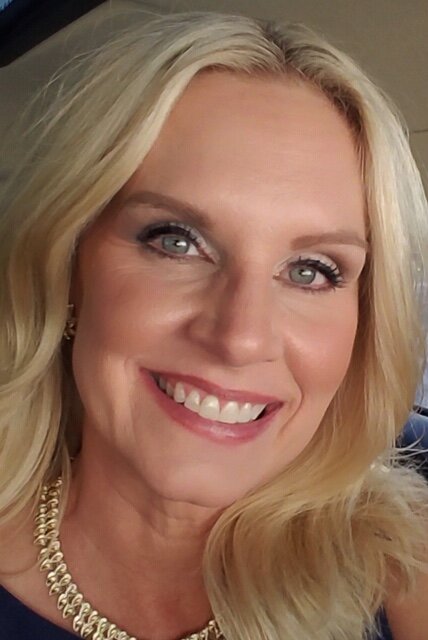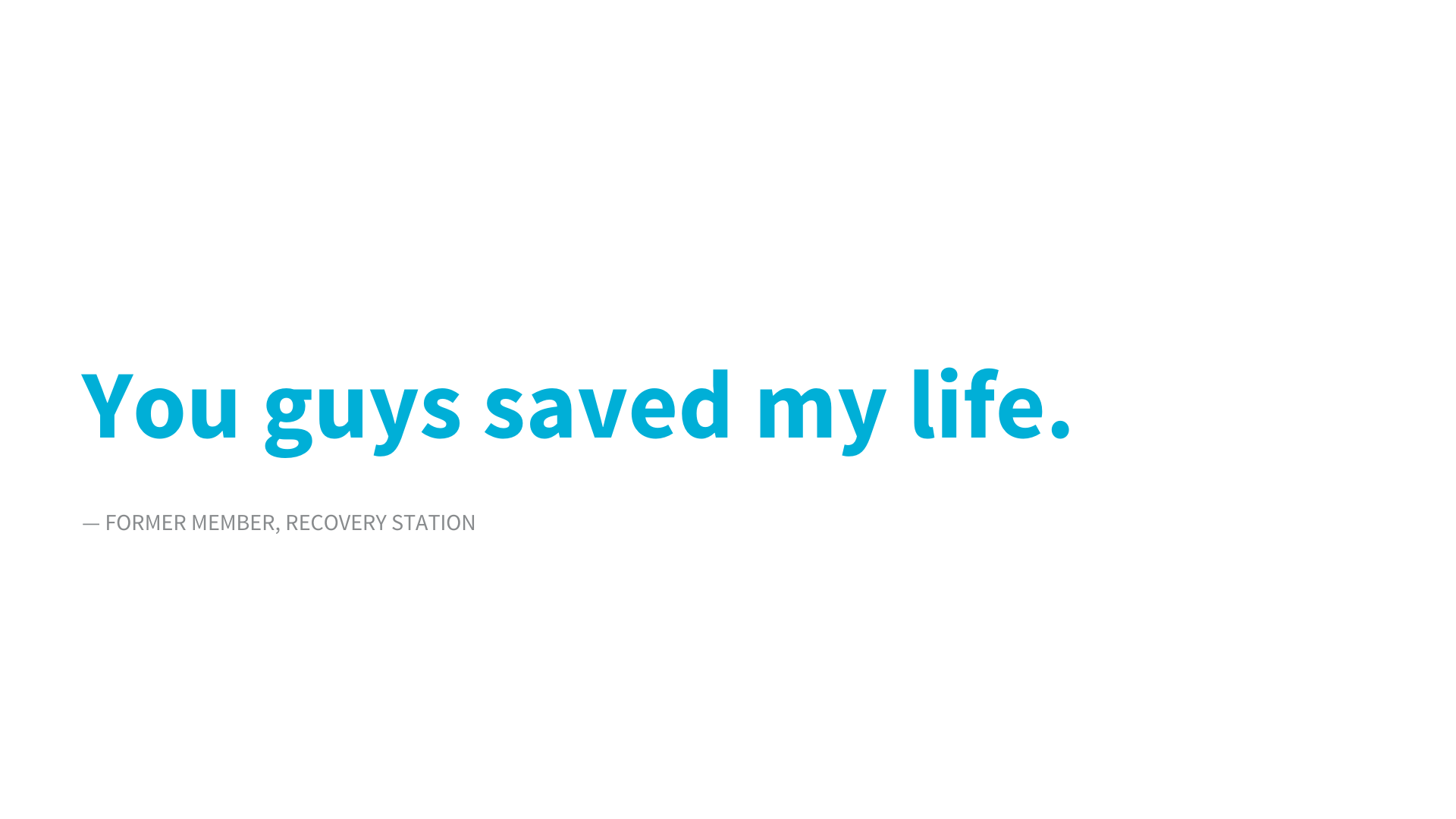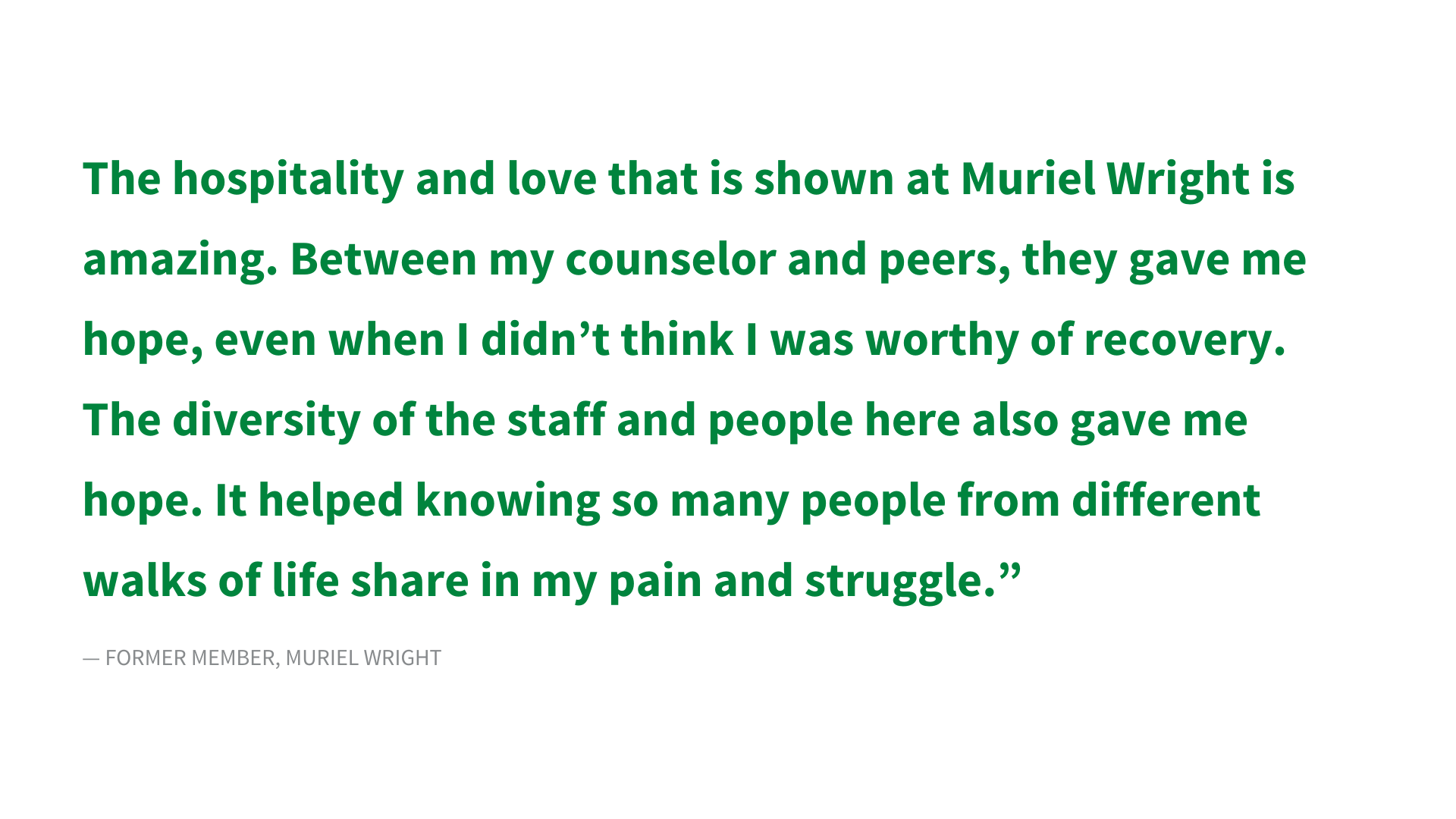Substance Use Treatment Services (SUTS)
www.telecarecorp.com/suts
É«ÖĐÉ« serves people with serious mental illness and complex needs. A vast majority of these individuals have co-occurring substance use issues and many of them are in the pre-contemplation or contemplation stages of change and are not yet ready or willing to discuss their use, engagement in treatment, or address other high-risk behaviors.
As a result, we are continually striving to find ways to make it easier for people to address difficult issues and make positive change. We do this through our program culture, our clinical models, enhanced training, and the integration of evidence-based practices and technology from diverse healthcare settings.
Information
SUTS Clinical Approaches
Used Within Existing Programs
Intensified substance use staffing in mental health-focused
programs
Community-based dual-recovery programs
Substance Use 101 (eLearning)
(Readiness for change)
Screening, Brief Intervention, and Referral to Treatment (SBIRT)
(Screen and intervene)
Used in Stand-Alone SUTS Programs
Residential substance use treatment services (ASAM Level 3.1, 3.2 WM, 3.3, 3.5)
Recovery (sobering) stations
Drug court/court collaborative program
SUTS Information
Program Design Elements
Programs provide integrated substance use and behavioral health supports, enabling people to receive coordinated services from a single provider and prevent gaps in care.
Interventions are appropriate to a person’s specific stage of change.
Programs assess and treat mental health conditions in tandem with substance use recovery to provide a robust and diverse set of supports that address and stabilize psychological, social, and environmental aspects of addiction while preparing individuals for successful treatment at a lower level of care.
Collateral
SUTS Program Type Overview (Coming soon!)
Reaching the Unreachable (Substance use)
Latest SUTS News
County Partners
É«ÖĐÉ« Co-Occurring Programs
Alameda Court Collaborative (Works within the STRIDES program and the Alameda County court system)
(Works with the Orange County court system)
Muriel Wright Substance Use Treatment Center (É«ÖĐɫ’s first substance use residential program)
Bakersfield Recovery Station (É«ÖĐɫ’s first recovery station program model)
Delano Recovery Station (É«ÖĐɫ’s second recovery station program model)
É«ÖĐÉ« Recovery Station (Recovery station program model on the Orange County Be Well Orange Campus)
É«ÖĐÉ« Co-Occurring Residential (SUTS Residential on the Orange County Be Well Orange Campus)
Videos
Scott Madover discusses how COEG offers a space where people can be heard and appreciated in a non-judgmental, non-shaming way, and how the trust that emerges in the groups offers people a way to tackle the very difficult process of change.
Michelle Norris is a Personal Service Coordinator II at CHANGES who has worked on the Tele-Detox program with her own clients. As someone with lived experience herself, she knows that there is a lot of stigma that surrounds addiction, and that having more personalized access to help can make taking those first steps towards recovery a little easier.
É«ÖĐÉ«'s Substance Use Treatment Services Leaders
Feedback & Testimonials
Facilitators share about their experiences running the Co-Occurring Education Groups (COEG) at their sites.
"I was surprised by how helpful the Co-Occurring Education Groups are and the bond being created by those attending this group are more open to talking about substances than I thought-I think it's due to the format of the groups."
"I'm continually impressed with the level of insight many clients show in the COEG discussions."
"I've realized that I enjoy facilitating groups. Before I was always staying away from group, but I've learned to enjoy this process and most importantly the importance a group setting can do for a client."
"I think seeing clients engage and how many binders we have of clients who may come. That is very enlightening and provides hope of their interest and engagement."
"Members/Clients open up about concerns and issues that they had. Also, sharing their experiences although they became emotional or overwhelmed the clients supported each other by offering reassuring hugs and letting each other they are here to listen."
"I love the opportunity to see the members grow, and see them teach other the things they have learned."
"The groups seem to add to client's overall satisfaction with the program we have; we've had some thank you letters and cards from client after they have left."















